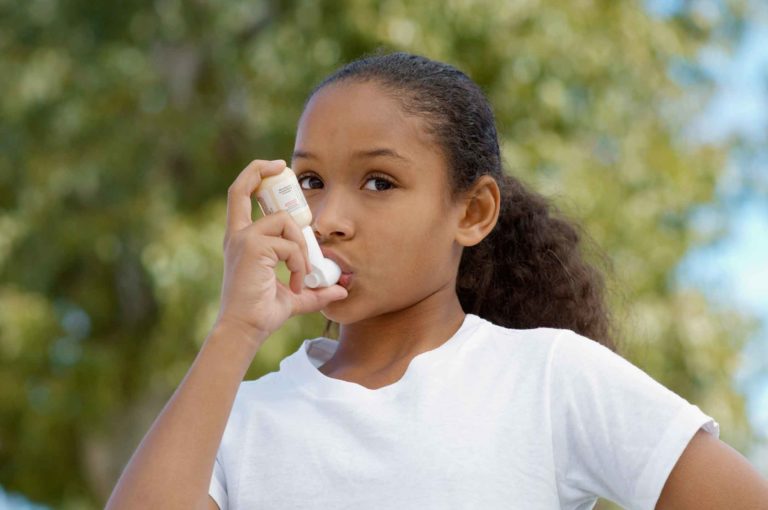
Asthma is a chronic lung disease that can make the lungs and throat inflamed when one is exposed to a trigger such as pollen or dust. Children and adults alike can suffer from asthma, but children will face problems adults don’t have.
Understanding how children can be affected by asthma, and how best to help them, will go a long way to keeping those children safe and healthy.
Symptoms of Childhood Asthma:
If a child is suffering from asthma, they’re likely to have symptoms such as:
- Breathing problems, such as wheezing, coughing, shortness of breath, and delayed recovery from throat-related ailments like bronchitis and the flu.
- Trouble doing normal activities due to a struggle to breathe, such as being unable to run during gym or sleep properly at night. Kids who have asthma are also more likely to miss classes or activities due to being sick.
- Fatigue and related physical and behavioral problems like irritability or a general lack of energy.
- Asthma attacks, in which the symptoms are most severe. The child will likely have serious trouble breathing and need immediate medical assistance.
No child is the same, which means that the symptoms and severity of the symptoms will change depending on the child. They may merely have chronic chest tightness, or they may struggle to live a normal life without suffering from an asthma attack. It’s also possible to mistake asthma symptoms for the symptoms of a different disease, such as a bad cold.
Diagnosing The Problem
If you suspect that your child has asthma, they should be taken to see their pediatrician. Your doctor can use a variety of tactics to determine if your child has asthma, such as physical tests or a trial of various asthma medications.
Depending on how young your child is, getting them diagnosed could be more difficult, as certain tests, like a lung test, may be unavailable. However, it’s still a good idea to see a doctor if you’re concerned about their breathing or if they have a chronic cough.
Treating Childhood Asthma
Asthma isn’t something that can be cured, but there are ways to manage it. You should learn what triggers your child’s breathing problems and keep them away from those situations. This can be anything from pollen to tobacco smoke. Avoiding these triggers won’t make the asthma go away but will minimize the risk of an asthma attack.
Your child should always carry an inhaler to help them breathe when they need the extra assistance. There are also various types of medicines that can provide relief by opening airways or reducing inflammation.
These treatments aren’t foolproof. If your child’s asthma attack persists even with these tools, you should seek medical help right away. You may need stronger medicines or different tactics altogether. Talk to your doctor to find out what works best for your child.
The information and content on our website should not be used as a substitute for medical treatment or advice from your doctor.




